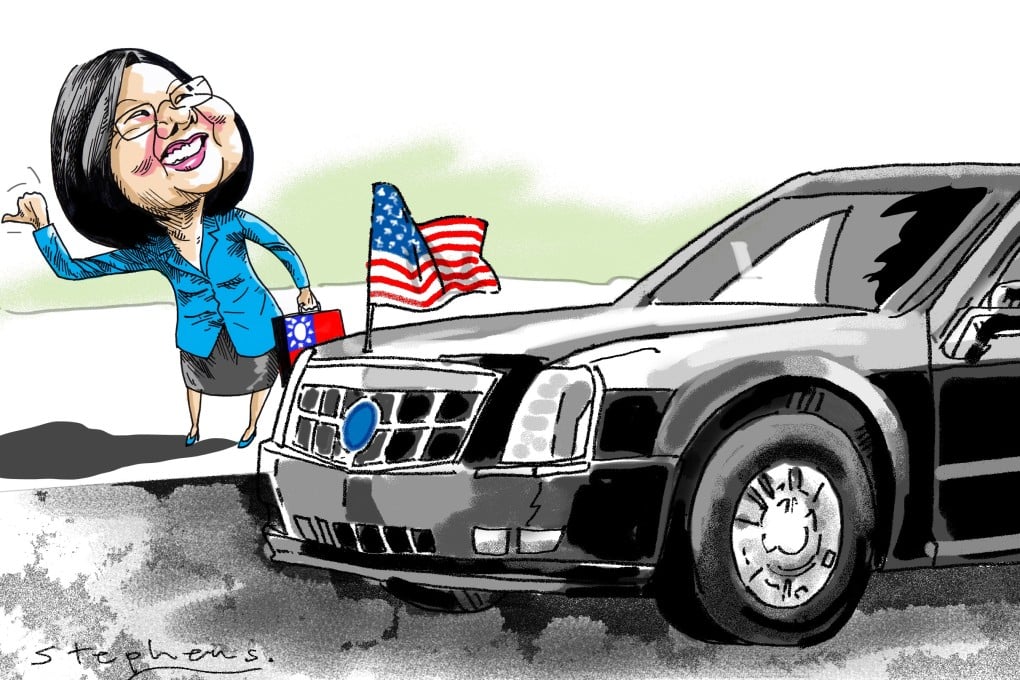Advertisement
Opinion | Tsai Ing-wen’s election win buys Taiwan precious time to deepen US relations in trade and security
- Tsai’s to-do list is long: restart free-trade talks with the US, propose an extradition treaty, offer to join any multilateral action in the Middle East, and tighten up national security
- In return, the US can offer more political support, such as inviting Tsai to Washington or even a Trump visit
Reading Time:4 minutes
Why you can trust SCMP

With Taiwan President Tsai Ing-wen’s re-election and her Democratic Progress Party (DPP) preserving a parliamentary majority, strong relations with the United States will continue to be a priority for her government, even as relations with China will be tense.
During the campaign, Tsai’s administration frequently cited the strength of US-Taiwan relations as an achievement that justifies a second term. With Tsai’s impressive mandate, she now has the political capital to remedy US bilateral issues and set important precedents that will outlast her presidency and that of Donald Trump’s, whether he wins a second term.
While the US insists it was neutral in the Taiwan election, the preference for leadership continuity was clear. In addition to congressional action on pro-Taiwan laws, bills and resolutions, Trump’s administration approved the sale of US-made tanks last July, soon after the DPP primary concluded and on the same day the Kuomintang (KMT) primary began. Weeks later, the US also approved the sale to Taiwan of F-16V fighter jets.
Advertisement
In December, the American Institute in Taiwan issued a rare advisory about political rallies ahead of two simultaneous events in Kaohsiung: a rally for KMT candidate and Kaohsiung mayor Han Kuo-yu, and an anti-Han rally to remove him from mayoral office. Some in Taiwan interpreted this as a US warning that Han supporters are violence-prone.

In addition, US officials regularly expressed concern by about foreign (that is to say, Chinese) interference in the election. It was only in the days before the election that a State Department official acknowledged there was no sign of such activity affecting the vote. Indeed, Tsai’s large victory indicates China had little influence over the vote.
Advertisement
Advertisement
Select Voice
Select Speed
1.00x
